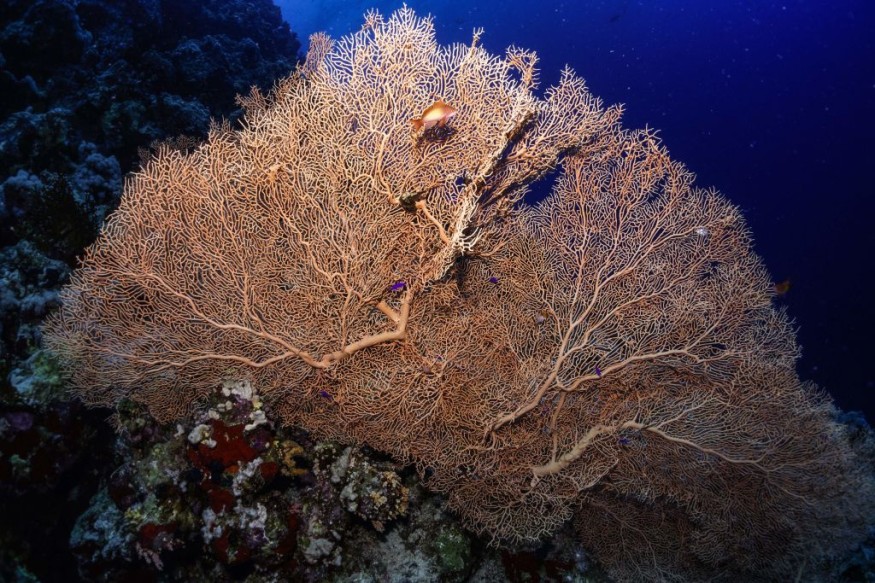Corals are an essential marine species for reef and marine ecosystems.
However, coral bleaching because of climate change and ocean warming are threatening these invertebrate animals, according to a new study by researchers from the University of California, Riverside (UCR).
Nevertheless, the study found that coral-algal symbiosis or coral-algae relationship could help corals in the aftermath of bleaching events.
The study came at a time when recent research reportedly reveal that global warming is continuing to threaten marine life in general, especially by the year 2100.
Coral-Algal Symbiosis

In a new paper published in the journal Current Biology on Monday, May 2, researchers highlight that photosynthesis significantly contributes to symbiotic relationships between symbiodiniaceae algae and cnidarians, the animal group where corals and other marine species like sea anemones and jellyfish belong.
The UCR researchers emphasize this area since corals can feed off nutrients from photosynthetic algae living inside their cells.
This mutual relationship has been at risk since the study's authors acknowledged that rising ocean temperatures are causing the breakdown of such symbiosis.
Although scientists have placed importance on the role of photosynthesis, they claim that it is not required to kickstart a symbiosis between corals and algae, Phys.org.
Bleaching Event
The said breakdown paves the way for a coral to be in a "bleached" state, a condition where the algae have been removed from the invertebrate animal.
A bleaching event can kill corals if symbiosis is not achieved for at least several weeks.
The National Ocean Service of National Oceanic and Atmospheric Administration (NOAA) adds that during a bleaching event, corals are stressed by environmental changes, including nutrients, light, or temperature.
It is during external changes that the coral removes the symbiotic algae living in their tissues, which also transforms their color into white.
The NOAA agency specifies the corals will expel the algae called zooxanthellae, wherein the aftermath results in the color change. This transformation in appearance is called coral bleaching.
However, the National Ocean Service clarified that an all-out white coral is still not dead, but they can only survive for a limited amount of time following a bleaching event.
In relation to the study, the discovery that photosynthesis is not required in a coral-algal symbiosis entails that corals can get back on the wagon due to the evident possibility that zooxanthellae and likely others can still re-attach to them under the right meteorological and oceanographic conditions.
Climate Change and Ocean Warming
Over the past several decades, human-induced activities like the burning of fossil fuels and greenhouse gas emissions have accelerated the greenhouse effect, a process where trapped gases absorb solar heat and warm the planet.
The bleaching event is just a micro perspective yet a real-life scenario of the specific repercussions of rising water temperatures due to climate change and ocean warming.
In a separate yet related study between corals and climate change, the Vibrant Oceans Initiative stated, during a conference on April 14, the Earth's coral reefs are on the brink of extinction due to ocean warming triggered by climate change.
The organization's paper introduced during the conference was cited by the American Association for the Advancement of Science (AAAS).
© 2025 NatureWorldNews.com All rights reserved. Do not reproduce without permission.





